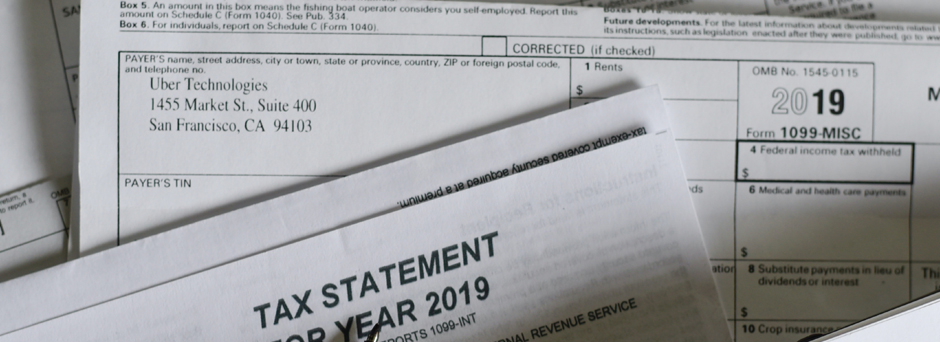Anne-Marie Saint-John, Alva, Long Island City, NY >
Small Business Tax Deductions
Every purchase you make that is a legitimate business expense may be tax-deductible. This includes both small purchases like pens and paper and larger purchases such as office buildings and company-owned cars. By understanding what deductions are allowed and by keeping track of seemingly small purchases, you could reduce the taxes you pay.

The Tax Code allows you to deduct all “current and necessary” expenses of operating your business. These deductions vary from business to business.
- According to the IRS, any small business deductions you claim on your tax return must be current and necessary.
- The IRS interprets “current and necessary” as reasonable (a routine strategy to generate a business) and usual (typical practice for your line of business).
- What does this mean to you, the taxpayer? It depends on what line of business you are in and the business customs of your specific industry.
The following example shows what the SRI would consider common and necessary:
- Manuel owns a car repair shop in a small town. When preparing his taxes, Manuel declares that the income from his business in the first year is $22,000. He deducts all the ongoing costs of doing business (such as utilities, office supplies, advertising, transportation, and telephone costs), as well as customer service expenses. The deduction made by Manuel for the ongoing costs of doing business would be approved, as the IRS would most likely agree that they were not only necessary but also common to the taxpayer’s line of business.
- Manuel included the money he spent on business lunches for potential clients as a deductible customer service expense. He believes it to be necessary for providing him with a grateful and loyal client base. However, the IRS will probably not approve of this deduction, finding it neither necessary nor commone. The IRS would argue that auto repair shop owners do not normally invite potential customers to expensive lunches and dinners
Before claiming the small business deductions, ask yourself two key questions:
- Are the deductions I want to make necessary expenses to run my business? In other words, how will they help increase my company’s income?
- Are the deductions I want to make common in my line of business?



